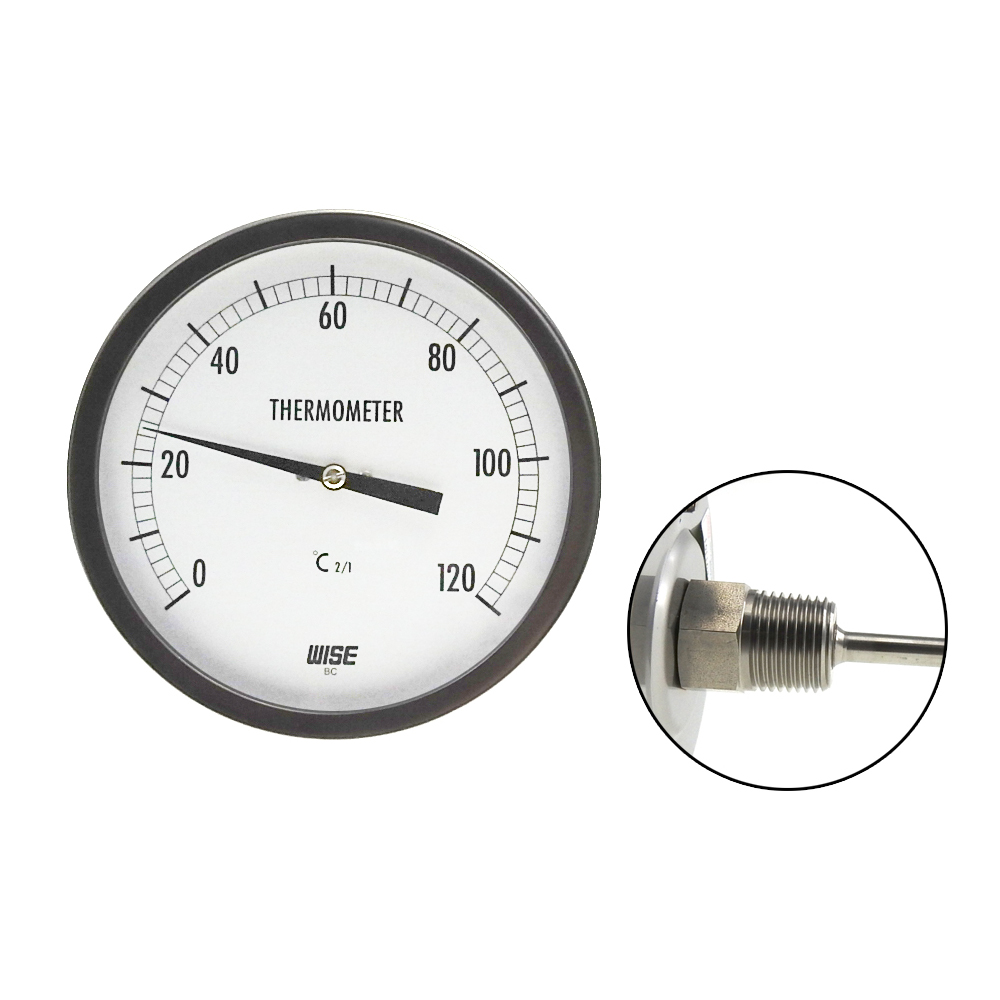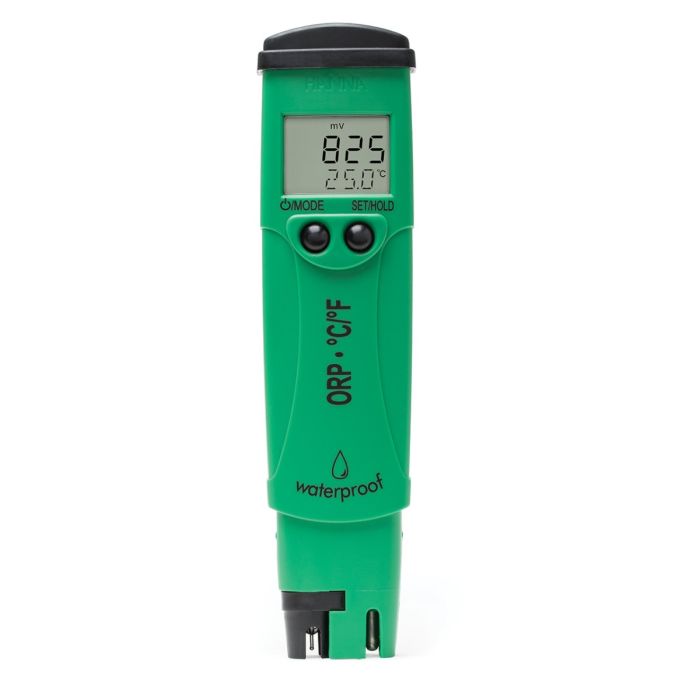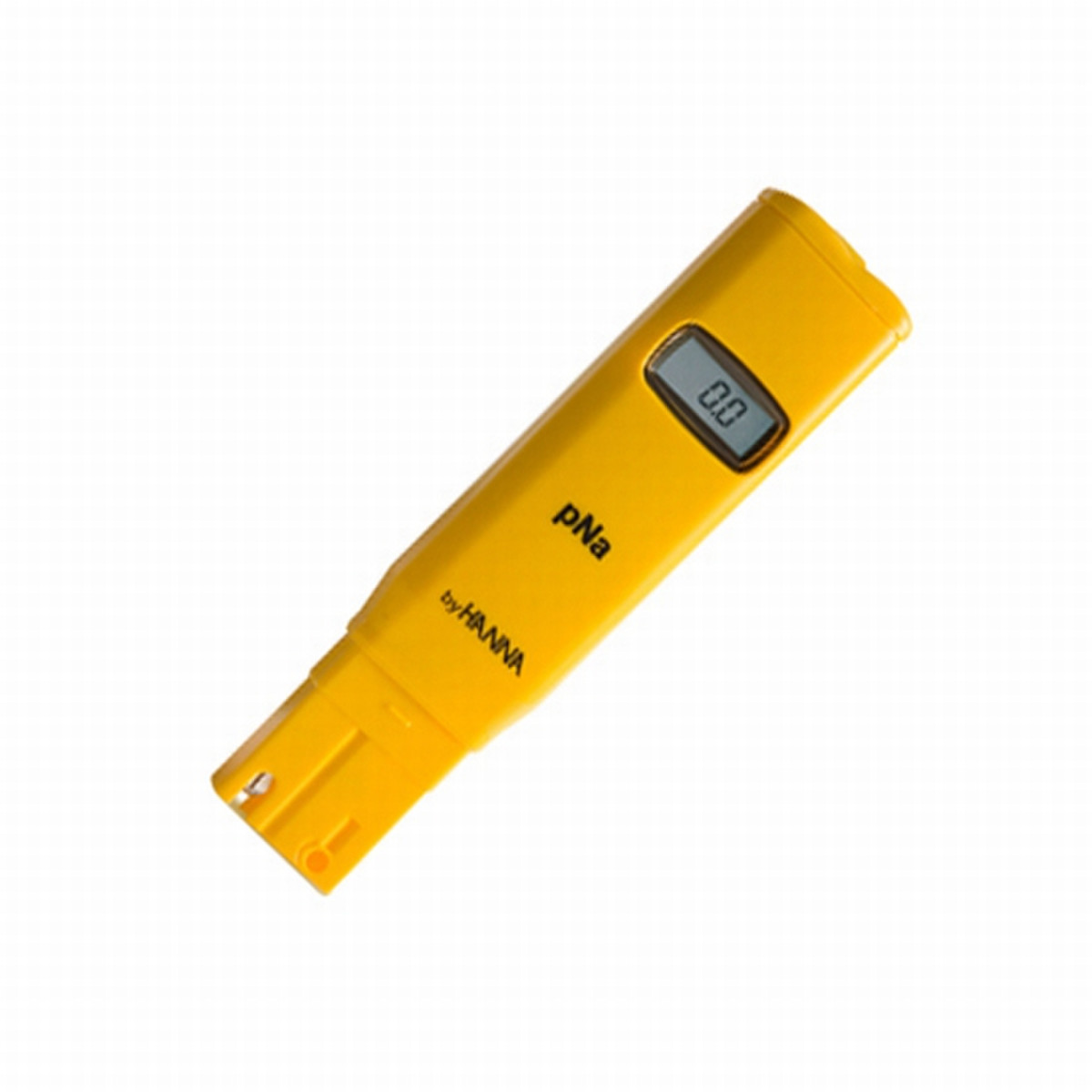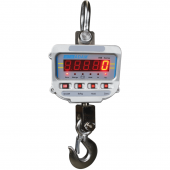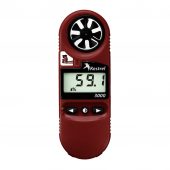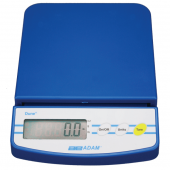HANNA HI98202 pNa Portable Economy Pocket Water Hardness/Softness Tester
$55.00
Powerful tool for determining water hardness/ softness. The sodium ion selective glass electrode determines the activity of free sodium ion concentration.
Features
- The pNa Tester is a fast, economical way to check this critical parameter in these applications
- Also, when the chemistry of a solution is known, it is possible to correlate pNa readings to concentrations of other chemicals in solution, giving the pNa Tester utility in many water chemistry applications
Description
HANNA HI98202 pNa Portable Economy Pocket Water Hardness/Softness Tester.
Range: 0.0 to 3.0pNa, Resolution: 0.1pNa, Accuracy: ±0.2pNa
The pNa is an easy-to-use and inexpensive water quality tester for determining water hardness/softness.
With the pNa, you can measure the sodium content of feed water and exit water in seconds.
Specifications
- Range: 0.0 to 3.0 pNa (23 to 0.023 gm of Na/l)
- Resolution: 0.1 pNa
- Accuracy: ±0.2 pNa
- Environment: 0 to 50°C (32 to 122°F); 95% RH
- Power Supply: 4 x 1.4V batteries
- Battery Life: 700 hrs (continuous use)
- Dimensions: 150 x 30 x 24 mm (5.9 x 1.2 x 0.9″)
- Weight: 85 g (3 oz.)
Hanna #: HI 98202.
HI 98202 (pNA) is supplied with protective cap, calibration screwdriver, batteries and instructions.
*The hardness of water is due to the presence of magnesium and calcium. These make washing difficult, waste soap and create unpleasant scum and scale deposits. With a zeolite system, the calcium and magnesium ions are substituted on a one-to-one basis with sodium ions from a conditioning resin. Once all the sodium ions are exhausted, the resin has to be regenerated. This is currently determined by estimating the volume of water that goes through the softener and guessing when to change the resin. Even though this may work in some cases, it fails in most since the sodium content of feed water is never constant. As a result, either the resin is regenerated too early, and waste resources, or too late, risking damage due to scaling. With the pNa, you can measure the sodium content of feed water and exit water in seconds. When the resin is exhausted of sodium, there will be no exchange and the pNa will read the same value at the two ends. Only then should the resin be changed. pNa takes guess work out of resin regeneration.

